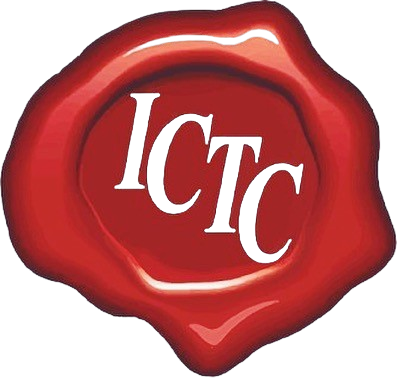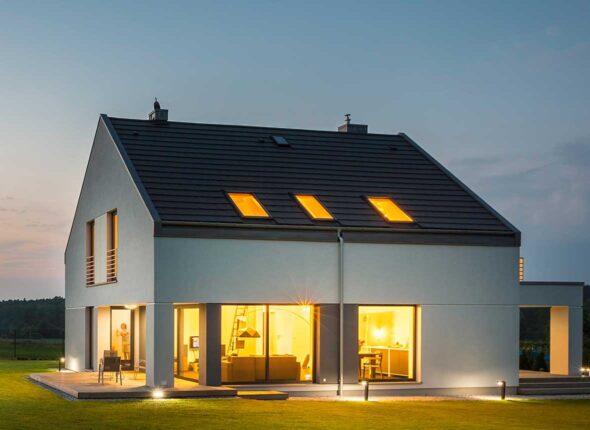INTRODUCTION
•This Level 1 Award introduces electricians to the fundamental principles, benefits, and practices of Nearly-Zero Energy Buildings (NZEB). Learners gain essential knowledge of NZEB concepts, compliance requirements, building energy performance, and the role of electrical systems in creating sustainable, energy-efficient buildings.
Through interactive lessons and supervised practical activities, the course builds awareness of building physics, fabric considerations, and energy services integration. Learners will also develop communication skills vital for working on NZEB projects, ensuring electrical installations align with NZEB standards.
No prior NZEB knowledge is required, making this an ideal introduction for those entering sustainable construction and energy-efficient electrical work.
MODULE OVERVIEW
UNDERSTANDING THE PURPOSE OF NZEB
Introduces NZEB definitions, benefits, and environmental relevance. Learners explore how NZEB supports energy efficiency and sustainability. Emphasis on understanding NZEB’s role in electrical work.
NZEB CONCEPTS & PRINCIPLES
Explains NZEB standards, performance metrics, and system integration. Leamers understand how electrical components support NZEB goals. Focus on key principles like low energy demand and renewable use.
DEMONSTRATING NZEB COMPLIANCE VIA DEAP
Overview of DEAP (Domestic Energy Assessment Procedure) compliance process. Leamers recognise electrical inputs affecting NZEB certification. Supervised practice interpreting DEAP data for electrical systems.
BUILDING PHYSICS & ENERGY PERFORMANCE
Covers basic building physics concepts: heat transfer, insulation, airtightness. Leamers link electrical installations to energy performance outcomes. Introduction to integrating renewables into electrical systems.
BUILDING FABRIC
Explores building fabric elements affecting energy efficiency. Learners understand hour electrical work can protect or compromise fabric integrity. Best practices for preserving performance during installations.
BUILDING ENERGY SERVICES
Overview of NZEB building energy services including lighting and smart systems. Leamers explore optimising electrical systems for efficiency and sustainability. Role of electrical work in supporting integrated building energy networks.
COMMUNICATION & INTERFACING
Focus on communicating effectively with other trades and stakeholders, Leamers understand electrical interfacing with wider building systems, Importance of accurate information sharing to uphold NZEB standards.
PROGRESSION OPPORTUNITIES
Upon successful completion, learners may:
01: Progress to Level 2 Certificates or Diplomas in Sustainable Construction, Electrical Installations, or Renewable Energy Systems.
02: Access higher-level NZEB specialisations (e.g., NZEB Advanced Electrical Installations). Enhance employability in energy-efficient building projects
03: Contribute to environmental sustainability initiatives through improved electrical practices.









